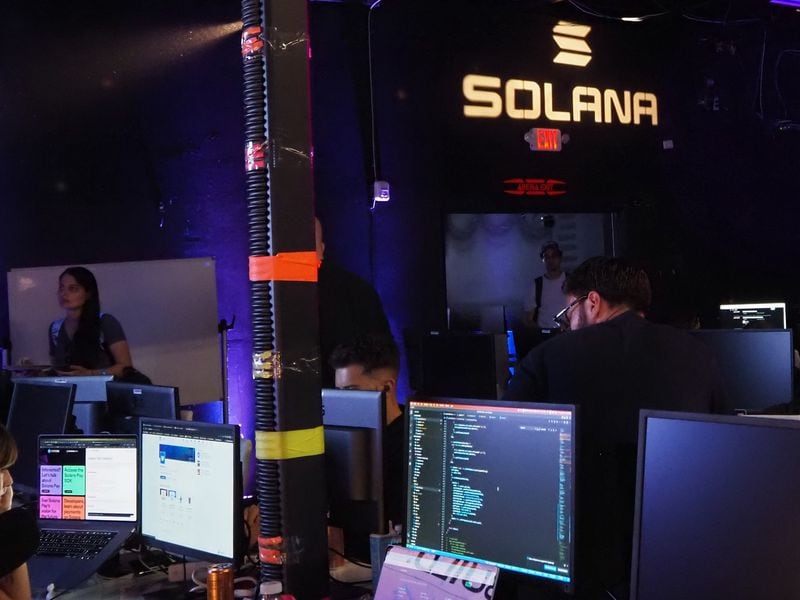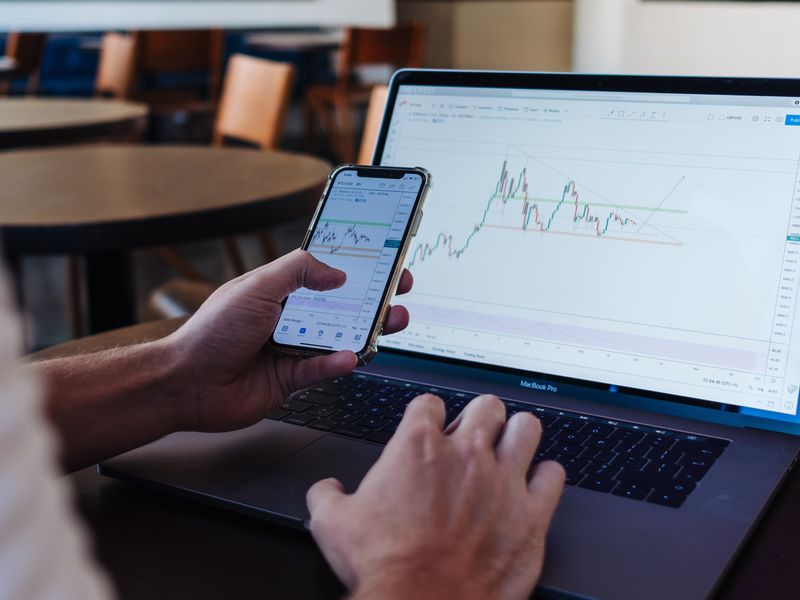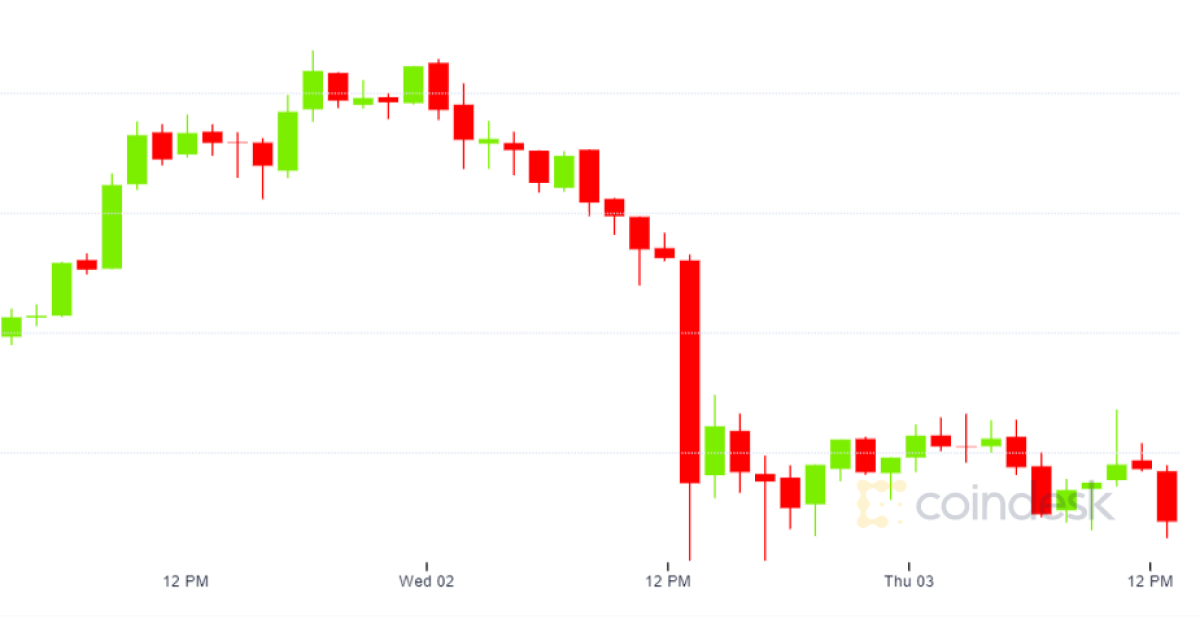Fabian Vogesteller’s Lukso Blockchain Adds ‘Universal Profiles,’ in Push for ‘Fancy’ Ethereum
Lukso, a layer 1 blockchain for creative types co-founded by blockchain veterans Fabian Vogelsteller and Marjorie Hernandez, is releasing the beta version of “Universal Profiles” – a feature designed to give users a holistic “on-chain identity” that comes with a recoverable crypto wallet as well as a profile for interacting with social media applications.
The Universal Profiles can be used on the blockchain for all sorts of applications (NFTs, decentralized social media, payments), therefore integrating the activity of users under one account that is more than just a wallet address.
Currently, the most common type of blockchain accounts, known as Externally Owned Accounts (EOA), have limited recovery options; if a user loses their private key, their crypto holdings are lost forever. EOA accounts also can’t attach information that could be read by other smart contracts, and transaction fees cannot be paid by other parties as well on an EOA, meaning the user is in charge of providing fees for gas.
Lukso’s Universal Profiles comes with recovery options – employing a smart contract account that can be restored via procedure, or their key manager, if the keys are lost.
In addition, the Universal Profile can read any piece of information, like a photo or a video, which can then be attached to their profile and can be read by other decentralized applications or “dapps” on the blockchain.
The team says that the aim of the project is to give brands an opportunity to bring their identity to the blockchain, a means of making web3 more accessible to the masses.
“We are trying to onboard the 99% of the users that haven’t used blockchain yet,” Fabian Volgesteller, co-founder of Lukso and an Ethereum veteran, said in an interview. “Because everybody that’s currently using blockchain is a niche that has learned to hop through hoops of difficult steps.”
:format(jpg)/cloudfront-us-east-1.images.arcpublishing.com/coindesk/E4VEA7QEERGYRLLKG2AMONRJOQ.jpeg)
With Universal Profiles, users won’t have to pay for gas – fees for transactions – on the blockchain. The Foundation for the New Creative Economies, the body behind Lukso, is allocating a certain amount of LYX for gas usage for users, and setting up a marketplace for relay providers so that users can subscribe and choose which relay to use to pay for their gas (sort of like choosing a mobile plan.)
“We want to have a lot of competing transaction relay services that have their own business model, and that compete for users because then we can pull ourselves out of the picture,” Vogelsteller told CoinDesk.
Lukso’s mainnet went live in May. Since then, roughly 46,000 validators are running the network
Vogelsteller boldly claims that eventually, “Lukso will be bigger than Ethereum,” but for now he positions it as just an improved version with more user-friendly features.
“It’s Ethereum, just fancy, and it’s Ethereum in its essence,” he said. “But what Ethereum is missing is the easy-in, the usability, the normie kind of capacity.”









